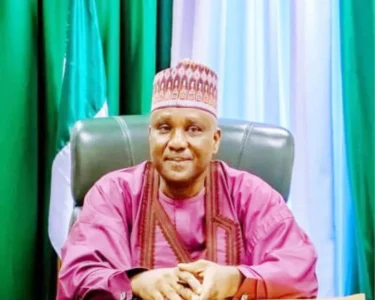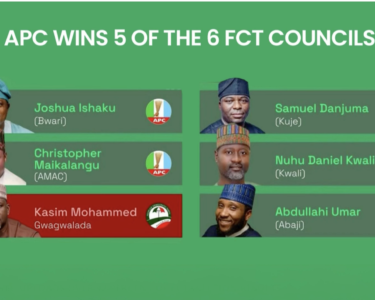In today’s fast-paced digital era, technology is advancing faster than most consumers can keep up with. Smartphones now come with features that many users barely understand, often leading to unexpectedly high data consumption. For subscribers, this translates into a frustrating experience of rapid data depletion — a challenge that continues to undermine trust in Nigeria’s telecommunications industry.
The Foundation for Investigative Journalism (FIJ), an independent, not-for-profit organization, recently underscored this concern through a consumer survey highlighting widespread dissatisfaction over unexplained data depletion and billing transparency. For many Nigerians, the perception that their data “finishes too quickly” remains one of the biggest pain points in their telecoms experience.
The Nigerian Communications Commission (NCC) has acknowledged this concern and is taking proactive measures. Beyond commissioning studies into data usage patterns, the Commission has launched extensive consumer sensitization campaigns, promoted transparency initiatives, enforced fair usage policies, and deepened its engagement with service providers. According to Mrs. Freda Ruth Bruce-Bennett, Director of the NCC’s Consumer Affairs Bureau, these steps are designed to enhance consumer knowledge, improve Quality of Experience (QoE), and build greater trust in the industry.
At the heart of this drive is the promotion of effective data management. Telecom subscribers are being encouraged to monitor, control, and optimize their mobile data ncc whether on daily, weekly, or monthly bundles. NCC has also outlined common causes of rapid data consumption, including video and music streaming, heavy social media use, automatic app updates, continuous GPS navigation, hotspot sharing, and international roaming.
To help consumers curb these challenges, the Commission has issued smart data management tips, such as monitoring usage through built-in trackers, relying on Wi-Fi when available, restricting background data, disabling unnecessary location services, and enabling data-saving modes. Subscribers are also encouraged to take advantage of data rollover options where available.
But the NCC is not stopping there. Recognizing the unique role of young Nigerians, especially corps members, the Commission has urged them to act as “Consumer Champions.” By spreading awareness of consumer rights, educating communities about NCC’s initiatives, and reporting challenges through official platforms, these young Nigerians can help shape a fairer, more transparent telecom landscape.
“The NCC remains unwavering in its commitment to creating a telecom environment that is competitive, inclusive, and consumer-friendly,” Mrs. Bruce-Bennett reaffirmed. “Your voices matter. Your experiences shape policy. Your participation drives progress.”
As Nigeria continues to expand digital access, ensuring transparency and empowering consumers to manage their data effectively will be critical in strengthening trust between subscribers and service providers. With initiatives like this, the NCC hopes to build a telecom sector that works not only in access but also in quality, fairness, and accountability.




